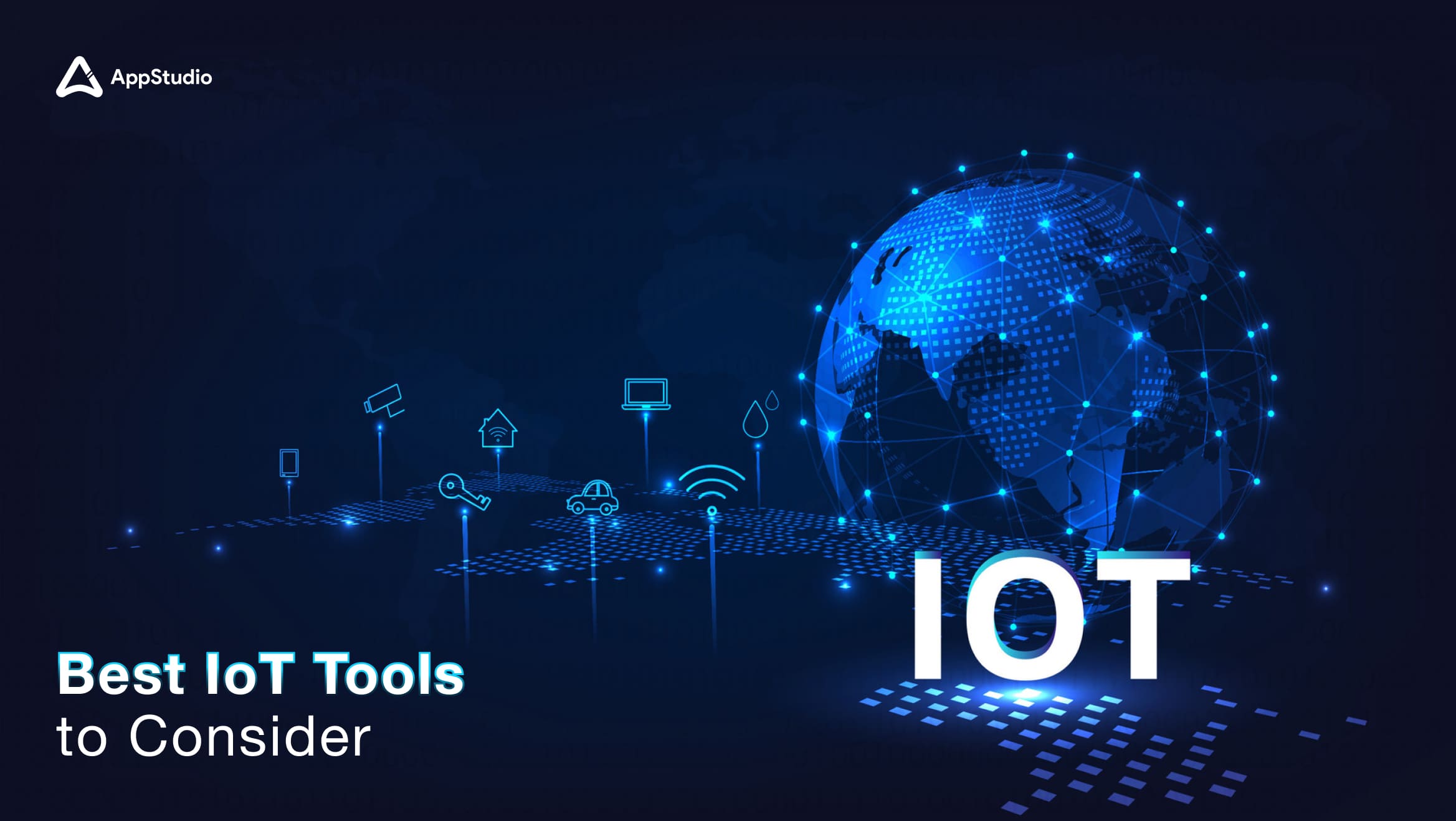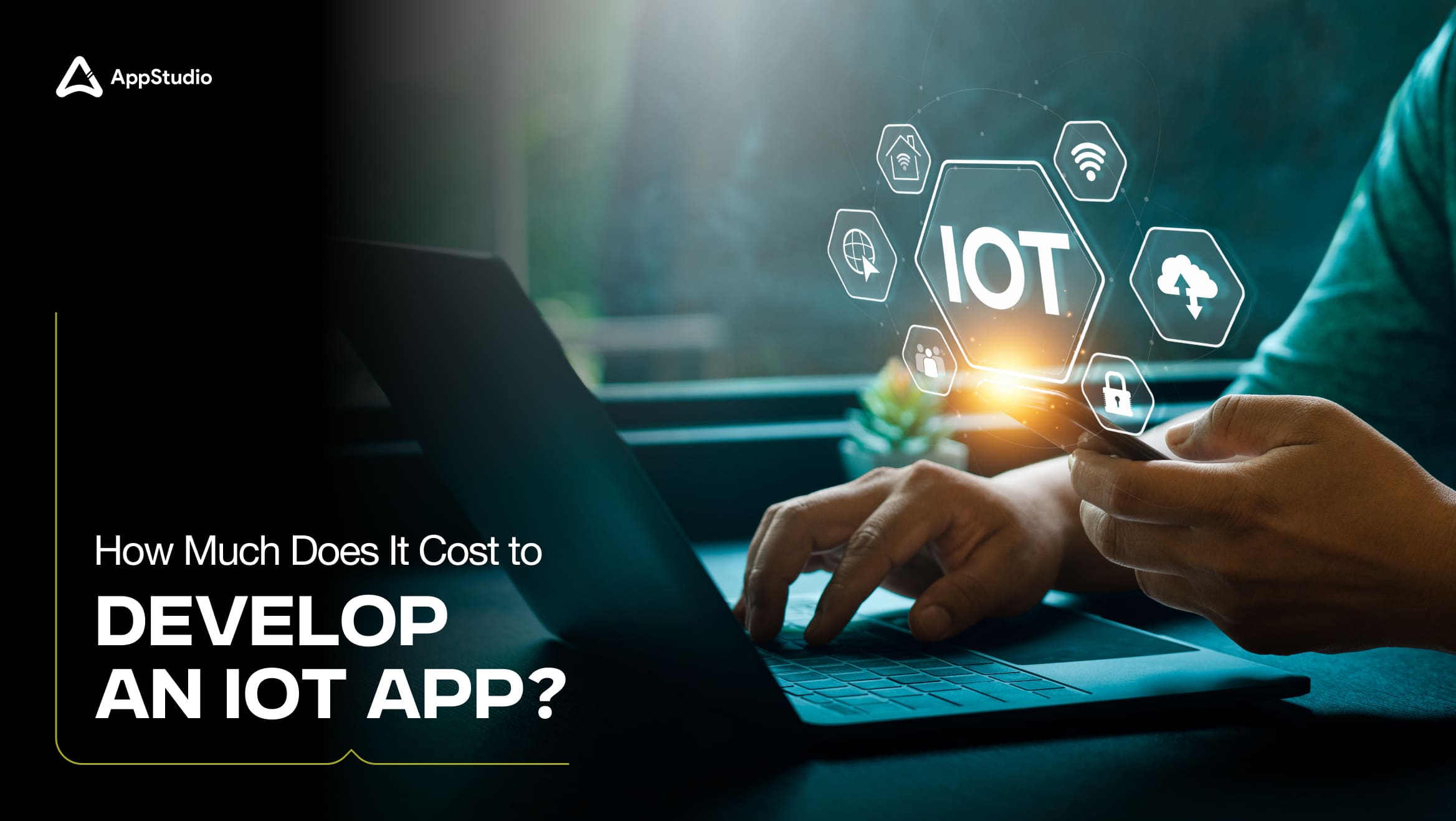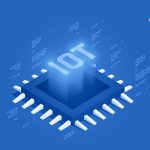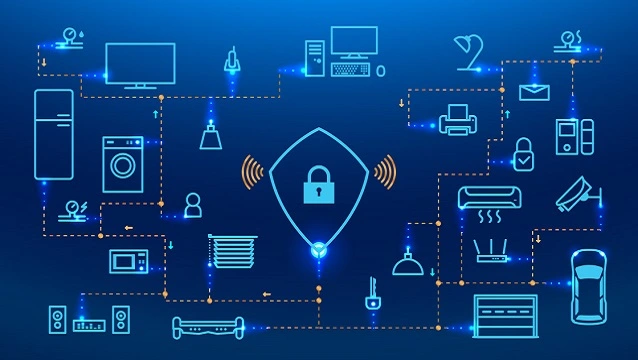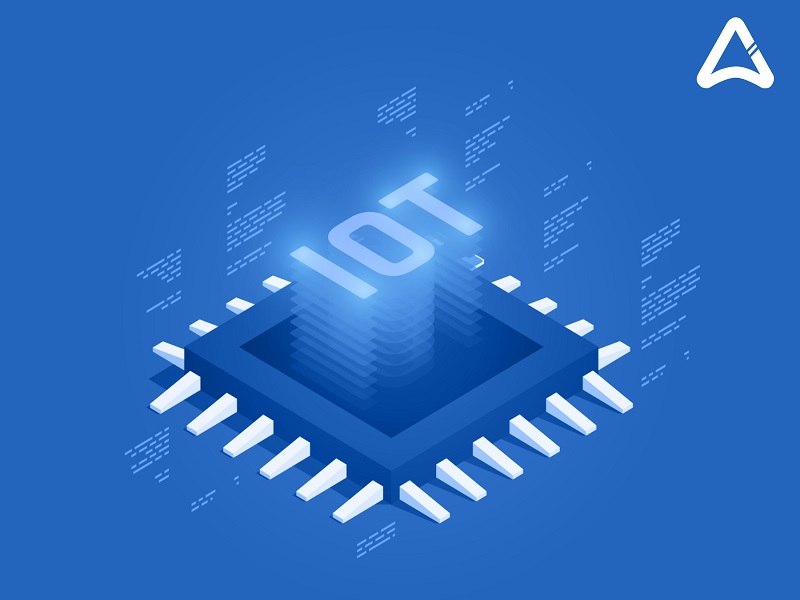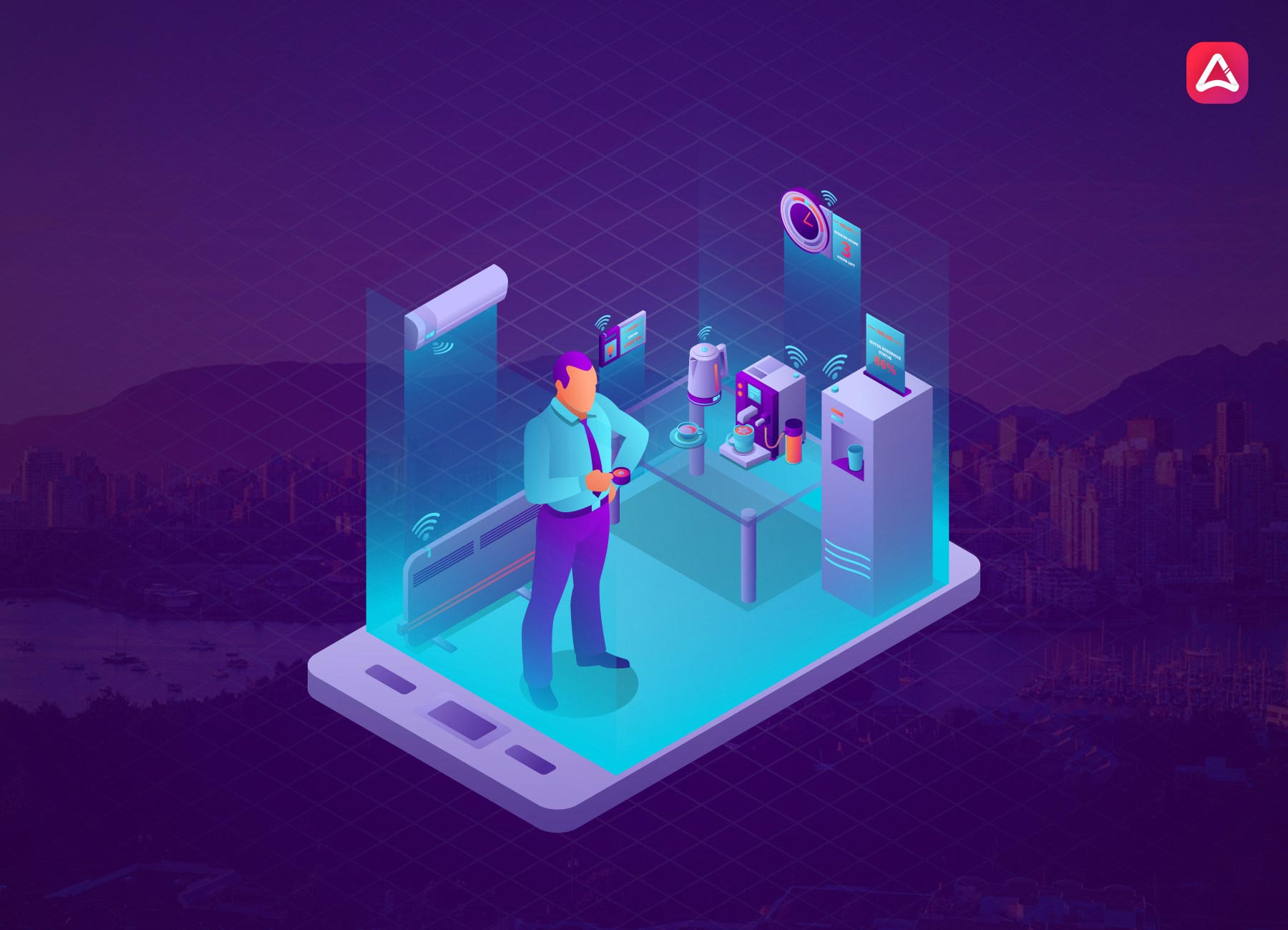The Internet of Things (IoT) is no longer just a buzzword—it’s woven into the fabric of our daily lives. From smart devices in our homes to connected tools for IoT development in our workplaces, ordinary objects are now enhanced with embedded software and network connectivity. These gadgets can communicate with smartphones, exchange data, and respond to user commands, making life more convenient and efficient.
According to a report, the number of connected IoT devices is expected to rise to 40 billion by 2030, indicating a long-term growth trajectory. These statistics prove how IoT development tools will shape our reliance on IoT technology in unprecedented ways. Therefore, let’s explore the best IoT development tools that are powering these innovations today and will continue to do so in 2025, helping us create intelligent systems that shape the modern world.
Understanding IoT Tools and its Components
IoT development tools refer to a collection of hardware and software solutions designed to facilitate developing, deploying, and managing Internet of Things development tools. These tools enable developers and organizations to create interconnected systems where devices can communicate, collect data, and perform automated tasks. As the IoT ecosystem expands, practical IoT app development tools become increasingly critical for building scalable and efficient applications.
Developing IoT solutions involves seamlessly integrating hardware and software to create systems that monitor, collect, and analyze data while enabling devices to perform actions based on that information. It’s a fascinating yet demanding process that blends creativity with technical precision.
IoT tools encompass various components, including:
- Hardware Devices: This includes sensors, actuators, microcontrollers, and gateways that physically interact with the environment. These devices collect data from their surroundings or execute actions based on received commands.
- Software Platforms: These are development environments and frameworks that allow developers to write code, manage devices, and analyze data. Examples include cloud services for data storage and processing, and mobile applications for user interaction.
- Communication Protocols: These are standards that enable devices to communicate over networks. Its standard protocols include MQTT, CoAP, and HTTP.
- Development Frameworks: Tools like Node-RED or Arduino IDE are included to simplify the programming and integration of IoT devices.
With IoT evolving into a distinct industry, the demand for dependable, versatile IoT development tools has surged. From hardware components like boards, sensors, and gateways to IoT app development tools and operating systems like Embedded Linux, these tools form the backbone of smart applications. They enable developers to create robust systems capable of tackling real-world challenges with efficiency and precision.
Related reading: IoT App Development: A Comprehensive Guide
Top 10 IoT Tools and Their Key Features
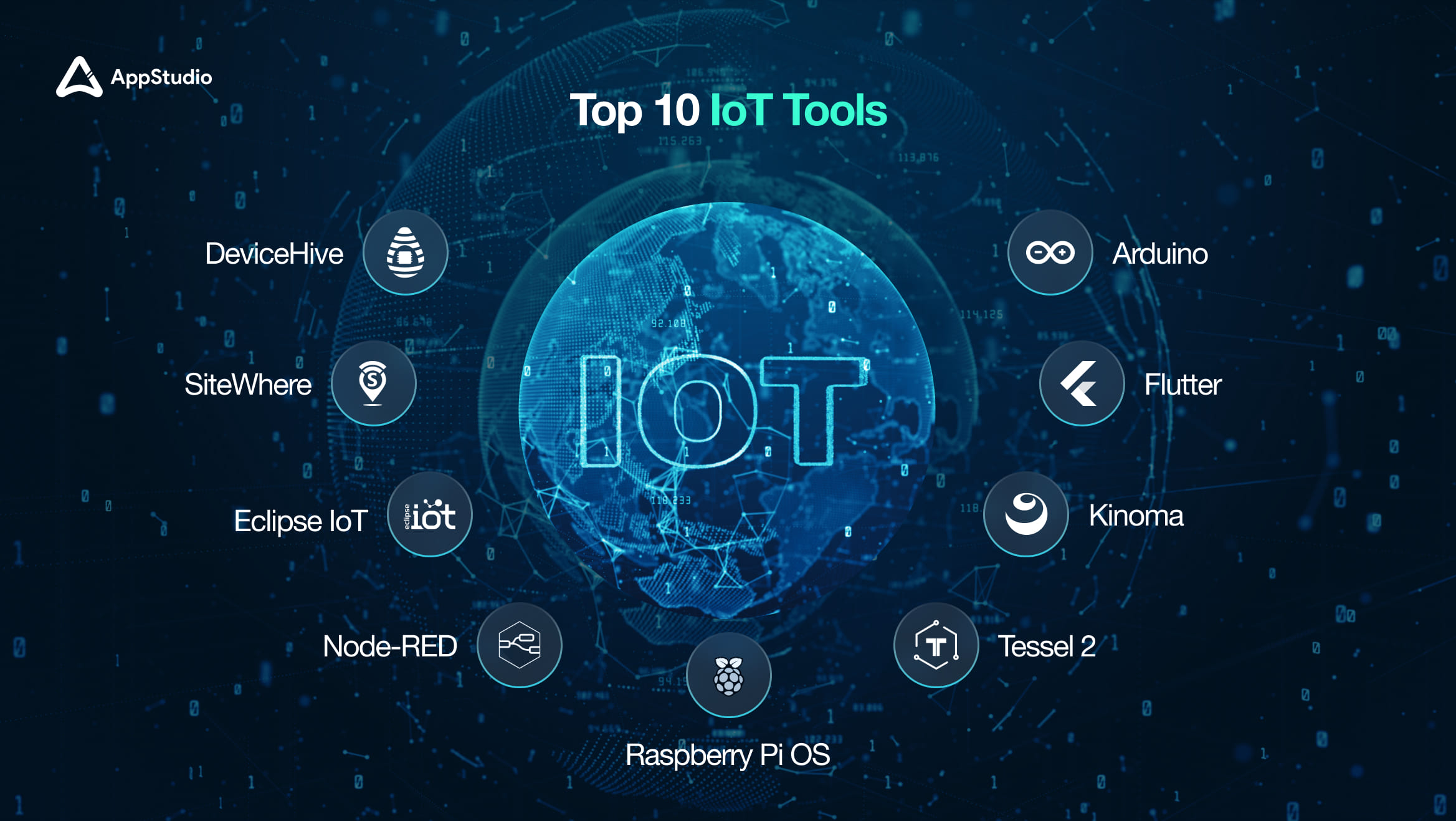
Did you know that as we stand at the edge of 2024 more than 207 billion devices worldwide are expected to be interconnected, utilizing Artificial intelligence for autonomous decision-making as the year ends. Essentially, the IoT market is poised for substantial growth, with healthcare IoT alone projected to soar to $289 billion by 2028, highlighting its transformative potential across industries.
Thus, a good plethora of tools have emerged in the industry to facilitate the development of IoT applications, and so it becomes all the more vital to choose the one that best fits your needs. The IoT tools listed below offer unique functionalities and capabilities. Thus, here is an overview of some of the most popular IoT development tools for 2025. Let’s begin.
1. Arduino
Arduino stands as a cornerstone for IoT development tools, offering both hardware and software solutions for projects like robotics and home automation. Its hardware includes microcontroller boards, modules, and kits, while its software suite empowers developers with unmatched versatility. Its other usage-reay features include:
- Arduino IDE: An open-source platform allowing seamless coding for all Arduino boards.
- Arduino Cloud: A unified platform enabling wireless communication, remote control, and data collection for IoT devices.
- IoT Cloud Remote: An app to design dashboards and manage cloud-connected devices.
- Web Editor: A browser-based coding tool for hassle-free programming.
Arduino’s comprehensive offerings make it an essential part of any IoT app development toolkit, empowering developers to create sophisticated IoT systems.
2. Flutter
Contrary to its well-known use in mobile app development, Flutter excels in IoT with its programmable processor core. Built on the Arduino platform, it features a robust ARM processor, integrated battery charging, and a security chip, making it perfect for wireless IoT networks.
Some of its features include:
- Long-range wireless transmitters for seamless communication.
- Accessory boards like Bluetooth adapters and remote controls.
- Comprehensive kits, from Quick Start to Vehicle Control Kits.
- Support for 3D-printed parts and solar-powered accessories.
With its adaptability, Flutter development enhances the scope of Internet of Things development tools, enabling developers to tackle complex projects effortlessly.
3. Kinoma
Kinoma, developed by Marvell Technology, provides an integrated suite of hardware and software for IoT software development tools.
- Kinoma Create: A prototyping platform powered by JavaScript, Bluetooth, Wi-Fi, and cloud integration.
- Kinoma Studio: An IDE featuring a hardware simulator and sensor library to streamline development.
- Kinoma Connect: A mobile app for managing IoT devices on Android and iOS.
These tools empower developers to create scalable, responsive systems, solidifying Kinoma’s position among the top IoT software development tools.
4. Tessel 2
Tessel 2 simplifies the creation of connected devices by supporting JavaScript and Node.js libraries. Running on Linux, it integrates seamlessly with thousands of NPM modules.
Some of its key highlights are:
- Expandability via built-in modules, USB ports, and external hardware.
- Reliable connectivity through Wi-Fi and Ethernet.
- Easy prototyping with user-friendly command-line tools.
As one of the most efficient tools for IoT development, it ensures seamless scalability and quick prototyping.
5. M2MLabs Mainspring
If your focus is on machine-to-machine communication, M2MLabs Mainspring is an indispensable framework. This Java-based, open-source solution is ideal for building fleet management and remote monitoring applications.
Its go-to features include:
- Quick prototyping for IoT apps.
- Flexible device configurations and seamless connectivity.
- Scalable data storage with Apache Cassandra.
With its ability to handle large-scale projects, Mainspring is a go-to IoT development tool for businesses managing complex IoT ecosystems.
Related reading: Top 10 Best IoT Programming Languages
6. Raspberry Pi OS
Previously known as Raspbian, Raspberry Pi OS is the official operating system for Raspberry Pi hardware. Available in both 32-bit and 64-bit versions, it’s a Debian-based system designed for simplicity and functionality making it one of the most reliable IoT software development tools available.
Key features are:
- Pre-installed programs and utilities for seamless hardware operation.
- Thousands of packages and pre-compiled software for easy customization.
7. Node-RED
Node-RED brings automation and integration to the forefront of IoT with its Node.js-based programming environment.
Its elemental highlights include:
- Easy connection to MQTT, cloud platforms, and third-party systems.
- Compatibility with Linux, Android (via Termux), and Windows.
- Custom component creation and robust repositories for extended functionality.
As a powerful tool for automating IoT workflows, Node-RED ensures efficient interaction between distributed systems, earning its place among leading IoT app development tools.
8. Eclipse IoT
The Eclipse IoT initiative supports open-source projects for IoT applications and offers frameworks for fog and edge computing. This makes Eclipse IoT a versatile development tool for IoT projects.
Some of its key features are:
- Lua programming language support for IoT applications.
- Frameworks for building fog and edge computing solutions.
- Development platforms for scalable, future-ready IoT ecosystems.
Eclipse IoT’s expansive resources make it a versatile option for developers exploring development tools used in IoT projects.
9. SiteWhere
SiteWhere is an open-source platform designed for industrial IoT applications. Using technologies like Docker, Kubernetes, and Apache Kafka, it facilitates:
- Big data transfer and processing.
- Device management and event handling.
- Deployment on cloud platforms such as AWS, Azure, and GCP.
For businesses seeking scalable and secure tools for IoT development, SiteWhere delivers unmatched performance.
10. DeviceHive
DeviceHive offers end-to-end solutions for IoT, enabling developers to build, deploy, and scale projects effortlessly.
Some of its go-to core features:
- Support for MQTT, REST API, and WebSockets.
- Real-time data analytics with tools like Apache Kafka.
- Deployment across public, private, or hybrid clouds.
With its scalable architecture and device-agnostic approach, DeviceHive is an invaluable resource among IoT development tools for projects of any complexity.
- s (Quick Start Kit, Vehicle Control Kits)
- accessory boards (the Bluetooth adapter, the Breakout, the Remote Control, the Explorer)
- a solar panel, a cylindrical battery and other accessories
- 3D-printed parts for your device.
Related reading: How Much Does IoT App Development Costs?
Wrapping Up!
The seams for IoT development tools are diverse, offering unique functionalities for prototyping, scaling, and deploying IoT applications. The Internet of Things industry continues to develop rapidly, constantly opening up new business opportunities. This blog post lists some of the most popular iot tools you can look out for in 2025. These tools enhance the efficiency of the development process and empower developers to create innovative solutions that leverage the full potential of connected devices. As the IoT ecosystem expands, these tools will be crucial in shaping its future, just as AppStudio has revolutionized how businesses scale growth and success in Canada.
At AppStudio, we specialize in creating customized IoT solutions using the best IoT software development tools. As a trusted app and web development company in Canada, we combine industry expertise with cutting-edge tools to deliver seamless IoT app development services. If you’re looking for scalable IoT solutions that can take your business to new heights, Schedule a FREE consultation Today and don’t miss out on the best we have in store.
Frequently Asked Questions
IoT development tools are essential for building, managing, and deploying IoT applications. They include hardware like sensors and microcontrollers, software platforms for coding and managing devices, and connectivity and data analysis frameworks. These tools help developers simplify complex processes, ensuring efficient IoT solution delivery.
AWS IoT Core and Google Cloud IoT are widely recognized for their extensive features and scalability. AWS IoT Core excels in secure device connectivity and real-time analytics. At the same time, Google Cloud IoT offers robust machine learning integration and edge computing, making both ideal for creating powerful IoT applications.
Yes, several open-source options, like ThingsBoard and Eclipse IoT, provide robust frameworks for IoT development. These platforms support custom integrations, scalability, and extensive community support, making them ideal for developers seeking flexibility and cost-effective solutions.
Modern IoT development tools, including Microsoft Azure IoT Hub, are designed for real-time data processing and analytics. They enable seamless data streaming and decision-making, which is critical for applications like predictive maintenance, smart grids, and real-time monitoring systems.
These tools simplify key aspects of IoT development, such as device connectivity, data collection, and analysis, significantly reducing development time. Additionally, they support automation and scalability, allowing businesses to focus on innovation rather than infrastructure challenges.
Many IoT software development tools, such as the IBM Watson IoT Platform, enhance security by incorporating advanced encryption, secure APIs, and real-time threat monitoring. These measures help protect data integrity and ensure compliance with industry security standards.
Yes, tools like Google Cloud IoT and AWS IoT Core provide edge computing capabilities, enabling data processing closer to the source. This minimizes latency, enhances real-time decision-making, and reduces the load on central servers, which is crucial for mission-critical IoT applications.
When choosing tools for IoT development, prioritize scalability to accommodate future growth, robust security features to protect sensitive data, and ease of integration with existing systems. Additionally, ensure the tool supports your preferred programming languages and hardware compatibility.
Yes, tools like Particle and Cisco IoT Control Center are specifically designed for scalability. They support managing thousands of connected devices, ensuring smooth operations as your IoT network expands, and providing features like automated updates and device lifecycle management.
IoT app development tools streamline processes, reduce operational costs, and enhance decision-making by automating data collection and analysis. They empower businesses to innovate, improve customer experiences, and gain a competitive edge in the healthcare and manufacturing industries.
